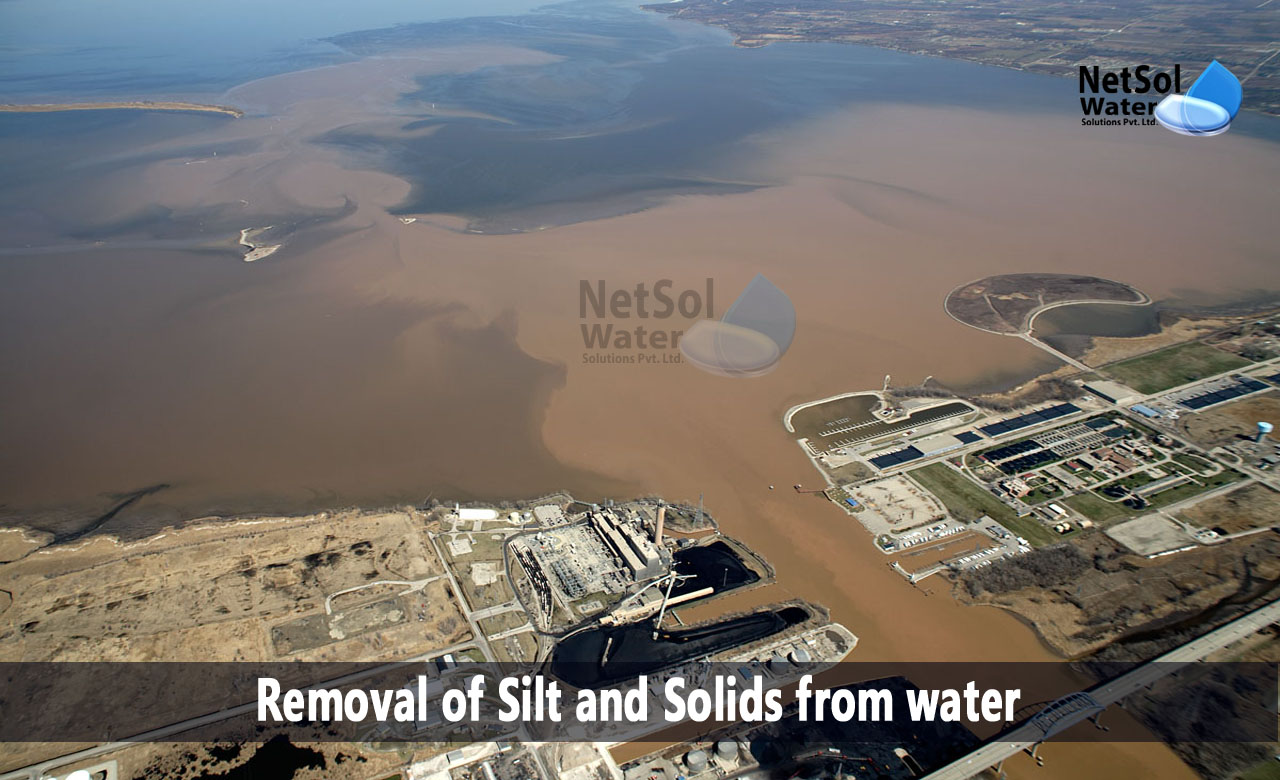Grit and other solid contaminants, like sands and silt, are an expensive part of both process water and wastewater in WWTPs. They clog systems, decrease efficiency, and cause abrasive wear and damage, which call for more cleaning, maintenance, and repair.
To recover minuscule particles and remove silt that adheres to their surfaces, aggregates like gravel and sand need to be washed. Using settling ponds, where larger particles sink to the bottom and are retrieved for replenishment, washing water may typically be recycled.
Let’s look at the removal procedures for the silt and sand from water in this blog.
How are solids and silt eliminated from water?
The collection and storage of the materials, which must be thrown using excavators, trucks, and workers incurs substantial expenses for the production industry, because a large space must be set aside for these operations.
Thankfully, there are equipment’s to eliminate coarse, fine, and ultrafine particulates from industrial water. Large volumes of solids can be removed using hydrodynamic separators and screens, which need little energy and space.
Elimination of grit from water
Grit removal is the act of eliminating sand, silt, and grit from water. The head works of wastewater treatment facilities frequently eliminate grit, and sand. Sand can be removed from river water before it is treated to become potable water, as well as fine abrasives in industrial applications and grit embedded in sludge.
Technologies for silt and solids removal
1. Screening
The filtered wastewater travels to an aerated grit chamber, where it slows down and settles heavier inorganic components, like sand and grit. The aerobic biological activity in the treatment system is aided by the aeration of the grit chamber, which raises the DO in wastewater. The material amassed at the grit tank's bottom is extracted using an auger, which is then combined with the bio-solids produced during the treatment process.
2. Press Filter
The filter press is one of the most well-known and trustworthy types of dewatering machinery. In a wide range of applications and industries, it is used to purify wastewater.
A filter press removes pollutants and suspended particles from industrial effluent by separating solids from liquids. The filter press uses pressure filtration via a filter media to separate liquids and solids. After that, a filter press is used to pressurize the dewatering of the slurry.
How do Filter Presses operate?
Firstly, in order to function, a filter press must be able to separate solids from liquids, eliminate contaminants, and remove suspended solids from the slurry or industrial wastes. The filter press specifically uses pressure filtration through a filter media, to separate liquids and solids. The slurry is then fed into the filter press, where it dewaters while under pressure.
Secondly, the filter elements in the plate stack are used to separate solids from liquids during the separation process. Between drain fields, the plate stack creates a hollow chamber to hold solids. The filter medium and the make-up of the slurry have the most effects on the system's effectiveness.
Finally, after pressing out the liquids, the solids or semi-solids form a "cake" of material that is then ready for disposal. This makes it simple for wastewater treatment plant managers to control, and get rid of waste while replenishing their systems with clean water.
Conclusion
Netsol Water is one of India's top producers of water and wastewater treatment facilities. In order to provide our customers a solution created to operate with our purification and filtration plant, we have introduced a specific line of water treatment systems, including RO Plants, water softeners, ETPs, STPs, etc.
Our primary objective has always been to develop solutions that balance modern business, with the environment. We are constantly exploring for new approaches to offer customers comprehensive and effective systems, in the manufacturing and recycling industries.
Netsol Water is Greater Noida-based leading water & wastewater treatment plant manufacturer. We are industry's most demanding company based on client review and work quality. We are known as best commercial RO plant manufacturers, industrial RO plant manufacturer, sewage treatment plant manufacturer, Water Softener Plant Manufacturers and effluent treatment plant manufacturers. Apart from this 24x7 customer support is our USP. Call on +91-9650608473, or write us at enquiry@netsolwater.com for any support, inquiry or product-purchase related query.



